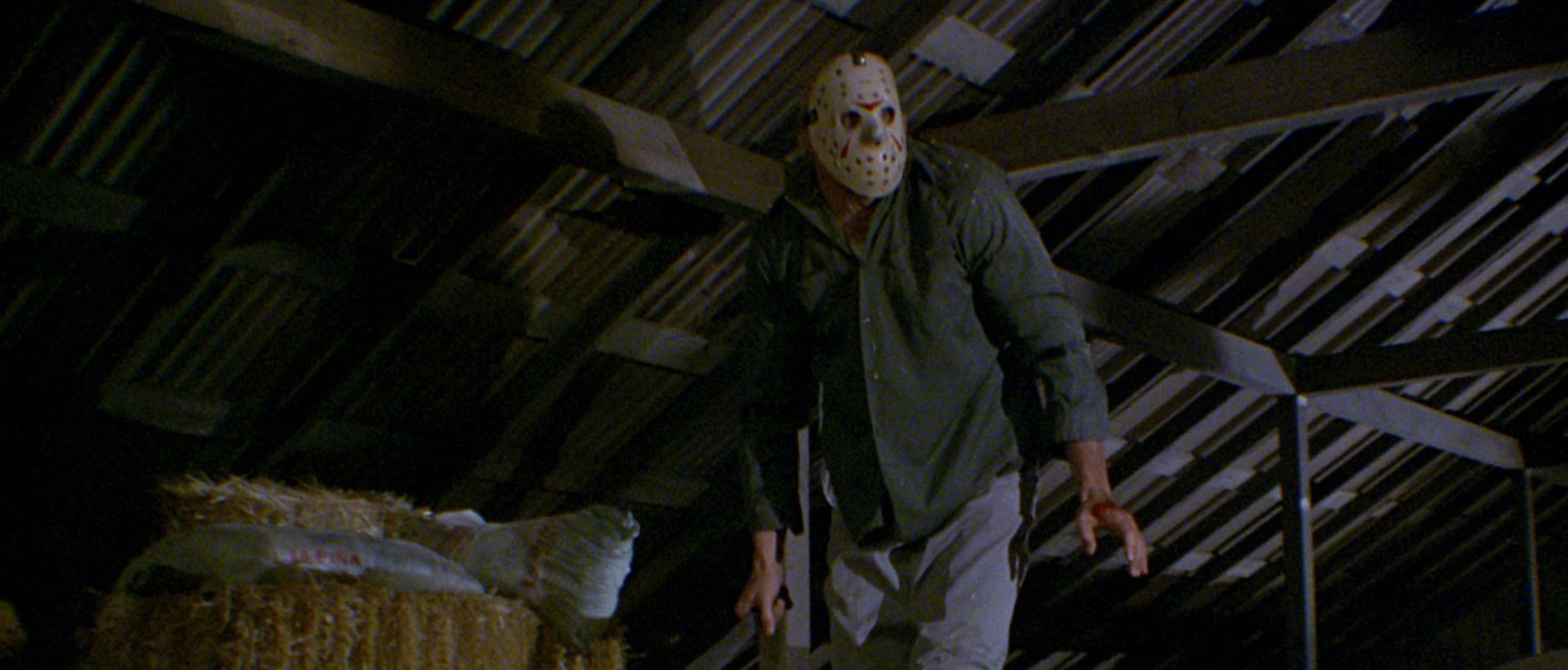Thus far in mainstream comic book related movies, only one female antihero has turned out having very little complaints and that's Black Widow from Marvel's The Avengers (2012). Then again, she also has not had any solo film but she has appeared in several films prior and so far, there really hasn't been an uproar over Scarlett Johansson's portrayal as the deadly assassin. Beyond this character however, movie studios have not been able to pinpoint the proper approach to making a worthy female heroine film. There have been several attempts, but so far none have proven to be lucrative. For Dark Horse Entertainment, which was no stranger to their comic books being adapted to film took more than one wack at making a feminine hero focused film. The year before, they also helped surface British Comic, Tank Girl (1995), which also flopped. Then came this, which by many consider being one of the worst comic book films. As an overall film, it's not even near decent but it isn't the worst.
 |
| Don't mess with Pam |
The setting takes place in 2018 where (like many other futures are described) the next all out war broke out. This time being called the "second civil war"; there's only one place among the whole land where people can live free without the strong eye of government looking over them. However even there, no one is safe. After learning a deadly secret, Dr. Cora (Victoria Rowell) and her husband Axel (Temuera Morrison) attempt to flee the country to Canada but are met with endless setbacks. It is at this point they look to find the only person who can help them escape, a local bar owner / bounty hunter known as Barb Wire (Pamela Anderson). As a story, not all of it is passe but a good portion of it is overused elements seen from multiple other films about dystopic futures. Plus cutting it off close to 2020 shot itself in the foot looking at it now. The writing for this screenplay was carried by Chuck Pfarrer (Darkman (1990) & Hard Target (1993)) and Ilene Chaiken (as her first work) did take care of properly giving the main characters' their back story but there are other parts that don't work.
A subtle flaw is quick changes in character motivations. At one time in the film a character will have a certain opinion. Then, later on in the film they will declare the opposite opinion with no reasoning. That's a bit frustrating when trying to understand a character. Another matter of contention is convenient contrivances. If something is out of reach for an individual and then later on it is revealed to the viewers that they acquired it (again, with no reason how), it gets frustrating. Almost like the film is saying, "they're just that good, no sense in showing how they did it". The last poorly written component to this film is main villain Colonel Pryzer (Steve Railsback). Besides just being callous to everyone he meets, Pryzer is a very generic antagonist dressed in Nazi garb. It's nothing to point out or even worth remembering about because his character is so two dimensional. Surprisingly, the rest of the cast in some ways makes up for it. Local law enforcement Alexander Willis (Xander Berkeley) tries to add some humor to the situation as well as Charlie (Jack Noseworthy).
There's also guest appearances from character actors Andre Rosey Brown (as a more eccentric villain than Pryzer), Nicholas Worth, Clint Howard, Udo Kier and Nils Allen Stewart. The relationship between Axel, Dr. Cora and Barb Wire isn't the most believable but it isn't unlikable either. Actually, although Pamela Anderson speaks many of her lines in monotone, some of her quips are funny to hear. When she curses though, the viewer will be able to tell she's not acting material. Then again, if there's one thing Anderson nails, it’s her figure of Barb Wire. Of all obvious reasons to pick her, what else? Of course, another curvaceous female could've been cast but let's deal with what's here. Plus, they got the costume down pat and it sure looks good on Anderson. Surprisingly Anderson can even handle the action sequences quite well. Yes, the fact that she also had stunt doubles is understandable but not truly noticeable which is required because viewers should not be able to tell.
 |
| Andre Rosey Brown |
Cinematography was shot by Rick Bota for this movie. Most of the time the camerawork is acceptable for the action scenes and dialog. The only areas where it fails to feel compelling in the story is in its tracking shots. This was specifically evident either when it was filmed in the bar that Barb Wire owned or outside in garbage dump like settings. Since the story takes place in a chaotic dystopic future, the use of dusty, beige colored, and dune infested backdrops is the ultimate cliche for this setting. At least try to make it look different than what's been normally used. It's just been seen too many times. Lastly the musical score was arranged by French composer Michel Colombier. For this round, his composition sounds a bit like Gary Chang's score from Death Warrant (1990) using occasional steel drums. However, a lot of his music is absent and is replaced by hard rock which I guess is appropriate but the sound gets very cluttered because of it and that doesn't help.
Many people say it’s one of the worst comic books put to film. It certainly doesn't have the most competent of storytelling (which includes the contrivances & cliches) and not every character stands out like they should. Pamela Anderson also isn't acting material but she actually gives the viewing a "so bad it's good" experience. The action does entertain and some of the other supporting cast members do help make it at least average.
Points Earned --> 5:10

